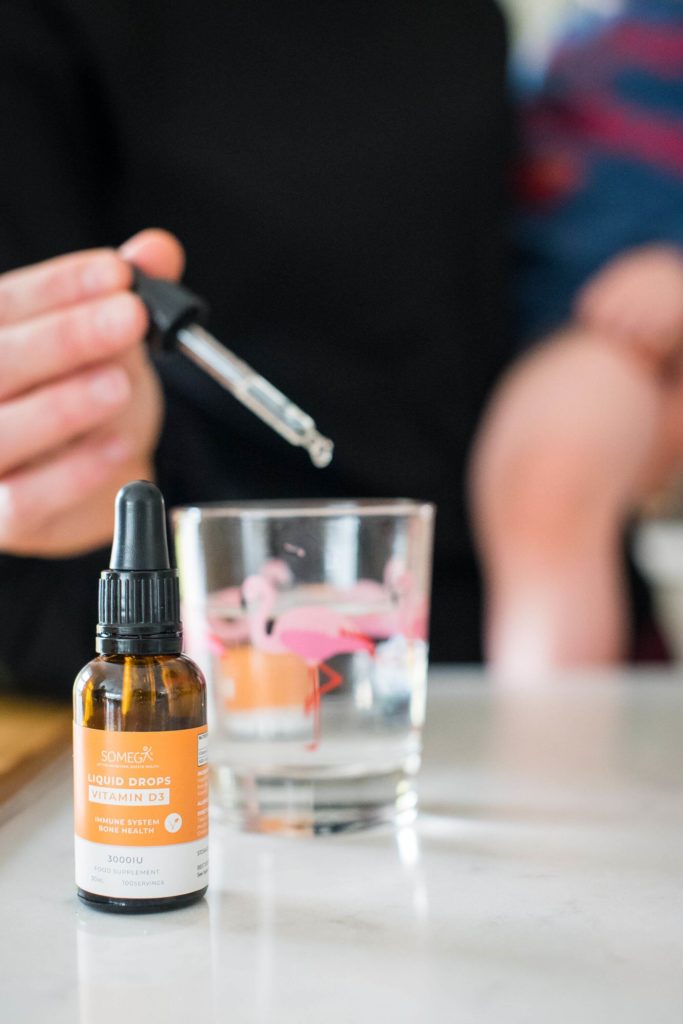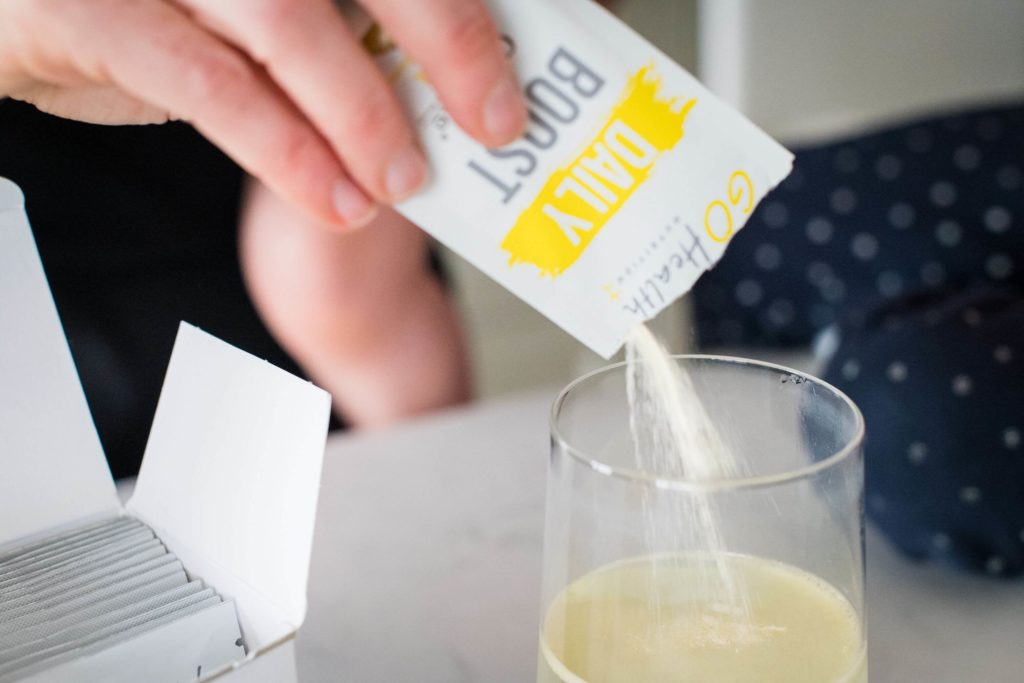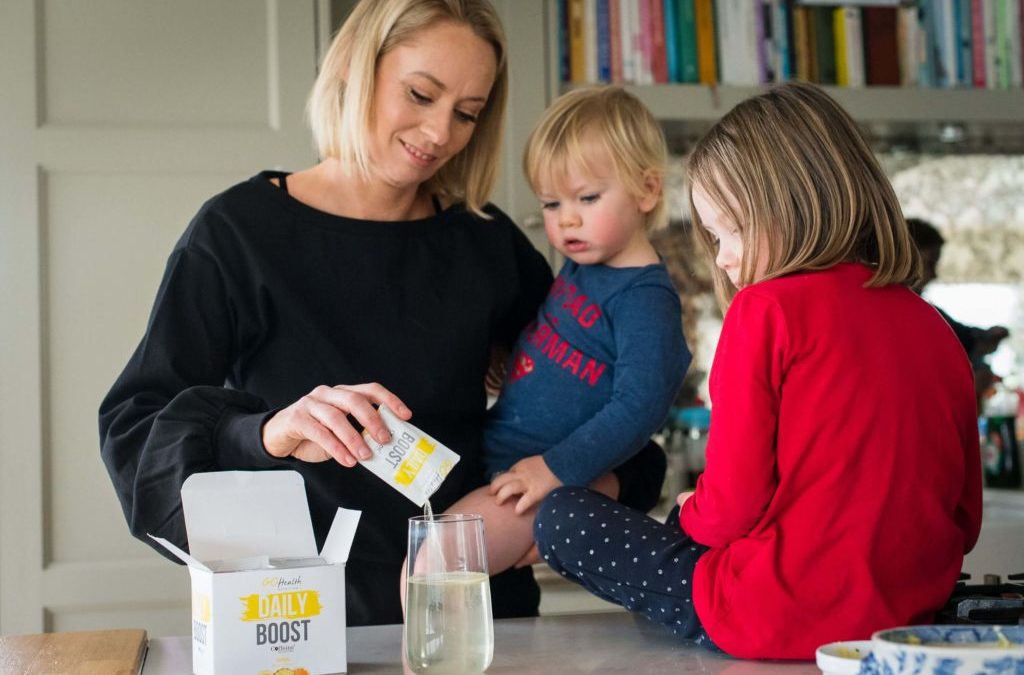I often get asked about supplements. Are they necessary for a healthy, energetic life? Or are they just a waste of money? My belief is supplements can be beneficial to a consistently good-quality diet. They are not a replacement for good food, no supplement will erase a poor diet. However, they do have their place and this is a good time of year to consider them.
Before you consider a supplement, make sure you have the basics covered. Focus on getting enough sleep, rest, and recovery. Make sure to exercise and adequately manage your stress levels. If you have a solid nutrition foundation in place but still feel like you are lacking then I would suggest getting a full blood panel done to identify any potential deficiencies.
Common things that pop up include B12 deficiency in plant-based eaters, iron deficiency in women, and vitamin D deficiency in winter.
I get mine done twice a year and based on the results, your doctor, pharmacist, or dietician can advise you on the next best step for you.
Choosing a supplement is tough. There is so much information out there. This is how I choose mine:
- Review the evidence for its use and effectiveness. Examine.com is a great resource.
- Choose trusted brands. Labdoor.com is helpful.
- Discuss with a healthcare professional. They will be aware of interactions with medications and the importance of few ingredients.

This can be used to fill in any nutrient gaps in your diet and to correct some basic nutritional deficiencies.
Be conscious of taking products with extremely high doses of nutrients.

Our bodies cannot produce these essential fatty acids, we must rely on food and supplements to meet our requirements. The two most important ones are eicosapentaenoic acid (EPA) and docosahexaenoic acid (DHA), found in oily fish like salmon, mackerel, and herring.
The third, alpha-linoleic acid (ALA), is found in flax seeds, chia seeds, and walnuts but needs to be converted to EPA and DHA by the body before it can be utilised.
Unfortunately, this conversion is highly inefficient so if you are not consuming at least two portions of oily fish a week, taking a supplement may be a good idea.
The guidelines aim for a fish oil containing 1-3g combined EPA + DHA or if you are vegan a product derived from algae with 500-1,000mg combined EPA and DHA per day.
If like me you are eating some eggs or yoghurt for breakfast and some meat, fish, beans, pulses and tofu at both lunch and dinner, some healthy snacks of nuts and seeds, then you should have nothing to be concerned about.

It can be produced by the skin following exposure to sunlight or we can obtain it from the diet.
However, from October to March there is insufficient quality and quantity of sunshine to facilitate adequate vitamin D production, and secondly, our consumption of foods rich in vitamin D like oily fish, egg yolks, beef liver and fortified dairy products is not sufficient to meet our requirements alone.
This is where supplements can be beneficial with experts recommending we take 10 micrograms each day during winter. Certain population subgroups like the very young and old, those with darker skin and pregnant women may have higher requirements, speak to your doctor if you are concerned.
My advice would be to focus on the basics first. Then spend time really reviewing what will benefit you and where you should invest your money.
Chatting to your healthcare practitioner is always a good idea.
Check out our great range of vitamin D options here

Vitamin K:
Vitamin K is a fat-soluble vitamin that exists naturally as Vitamin K1 and Vitamin K2. Vitamin K1 is found in green leafy vegetables and is the main form of Vitamin K in your diet. The average dietary intake of Vitamin K2 is incredibly low. Your body stores only very small amounts of Vitamin K which are rapidly depleted without regular dietary intake.
Check out our great range of vitamin K options here
To shop more of our great range of supplements please click below

